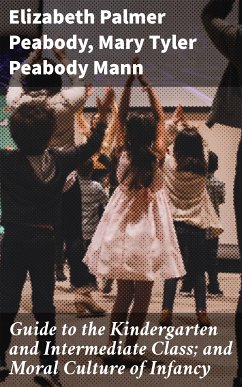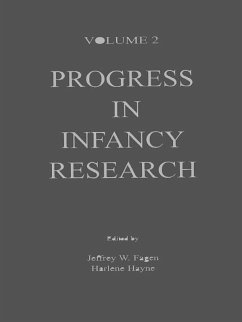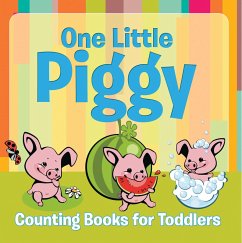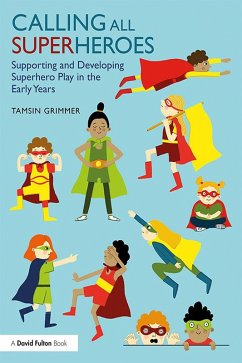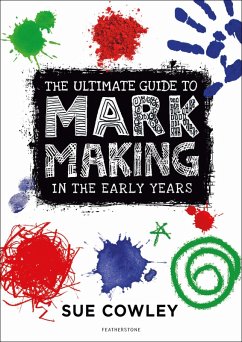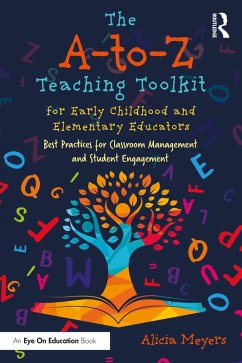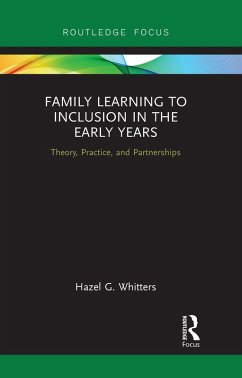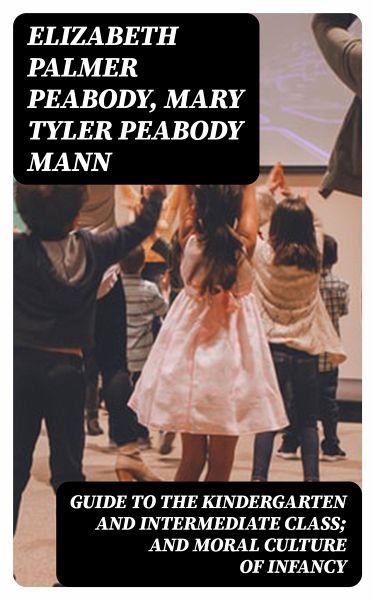
Guide to the Kindergarten and Intermediate Class; and Moral Culture of Infancy (eBook, ePUB)

PAYBACK Punkte
0 °P sammeln!
In "Guide to the Kindergarten and Intermediate Class; and Moral Culture of Infancy," this collection opens a window into the formative years of educational philosophy and child development methods in the 19th century. It weaves together essays and instructional guides that highlight the transformative power of early childhood education. The anthology flourishes in its rich array of pragmatic teachings and moral insights, establishing a profound appeal for educators and scholars eager to explore the comprehensive development of young minds. Addressing a kaleidoscope of themes, from foundational...
In "Guide to the Kindergarten and Intermediate Class; and Moral Culture of Infancy," this collection opens a window into the formative years of educational philosophy and child development methods in the 19th century. It weaves together essays and instructional guides that highlight the transformative power of early childhood education. The anthology flourishes in its rich array of pragmatic teachings and moral insights, establishing a profound appeal for educators and scholars eager to explore the comprehensive development of young minds. Addressing a kaleidoscope of themes, from foundational pedagogical approaches to the nurturing of moral sensibilities, the collection serves as a testament to the enduring impact of pioneering educational theories that continue to shape our modern understanding of childhood learning. The contributors, Elizabeth Palmer Peabody and Mary Tyler Peabody Mann, are celebrated for their instrumental roles in advancing the kindergarten movement in America. Their collaborative efforts in this anthology reflect the emerging societal recognition of early education's significance. Engaged with transcendentalist ideas and educational reforms, they synthesize these distinct cultures and philosophies into a harmonious exploration of childhood education, inviting readers into an era when education began to be seen as a vehicle for moral and social upliftment. This anthology is an essential companion for those seeking to understand the historical roots and evolving nature of early childhood education. Readers are offered a unique opportunity to appreciate the breadth and depth of pedagogical innovations that laid the groundwork for today's educational systems. By engaging with this collection, one embarks on a journey through pivotal moments in educational reform, enriched by the dialogue between the diverse contributions of Peabody and Mann, to inspire future generations of educators and scholars committed to fostering holistic child development.
Dieser Download kann aus rechtlichen Gründen nur mit Rechnungsadresse in A, B, BG, CY, CZ, D, DK, EW, E, FIN, F, GR, H, IRL, I, LT, L, LR, M, NL, PL, P, R, S, SLO, SK ausgeliefert werden.




